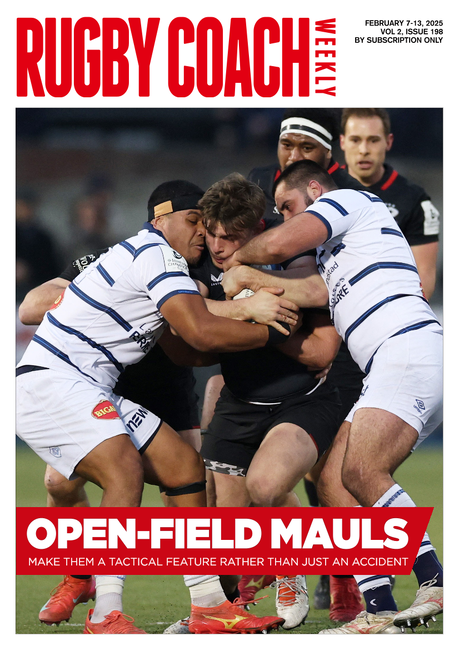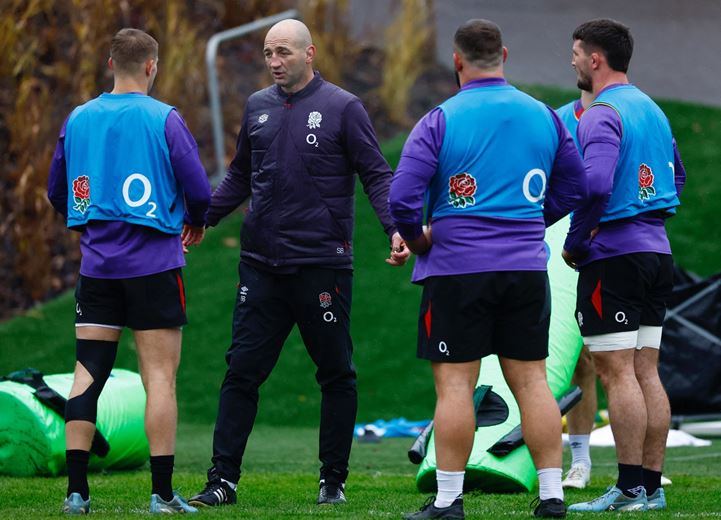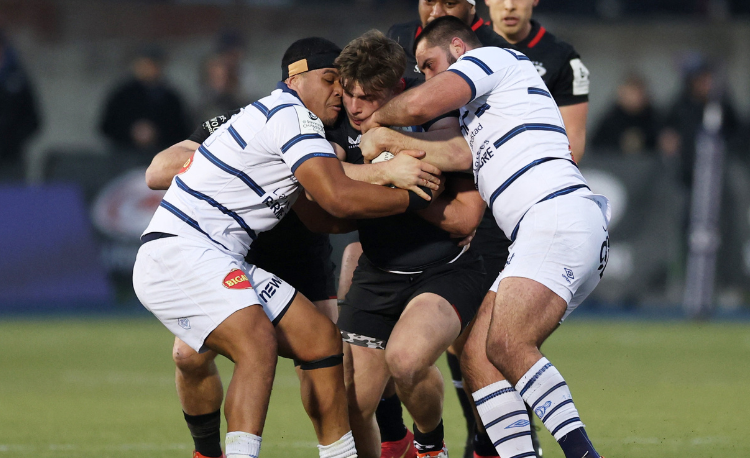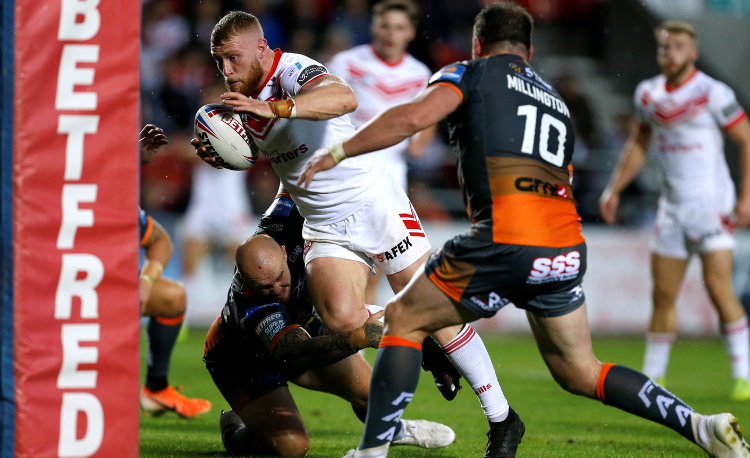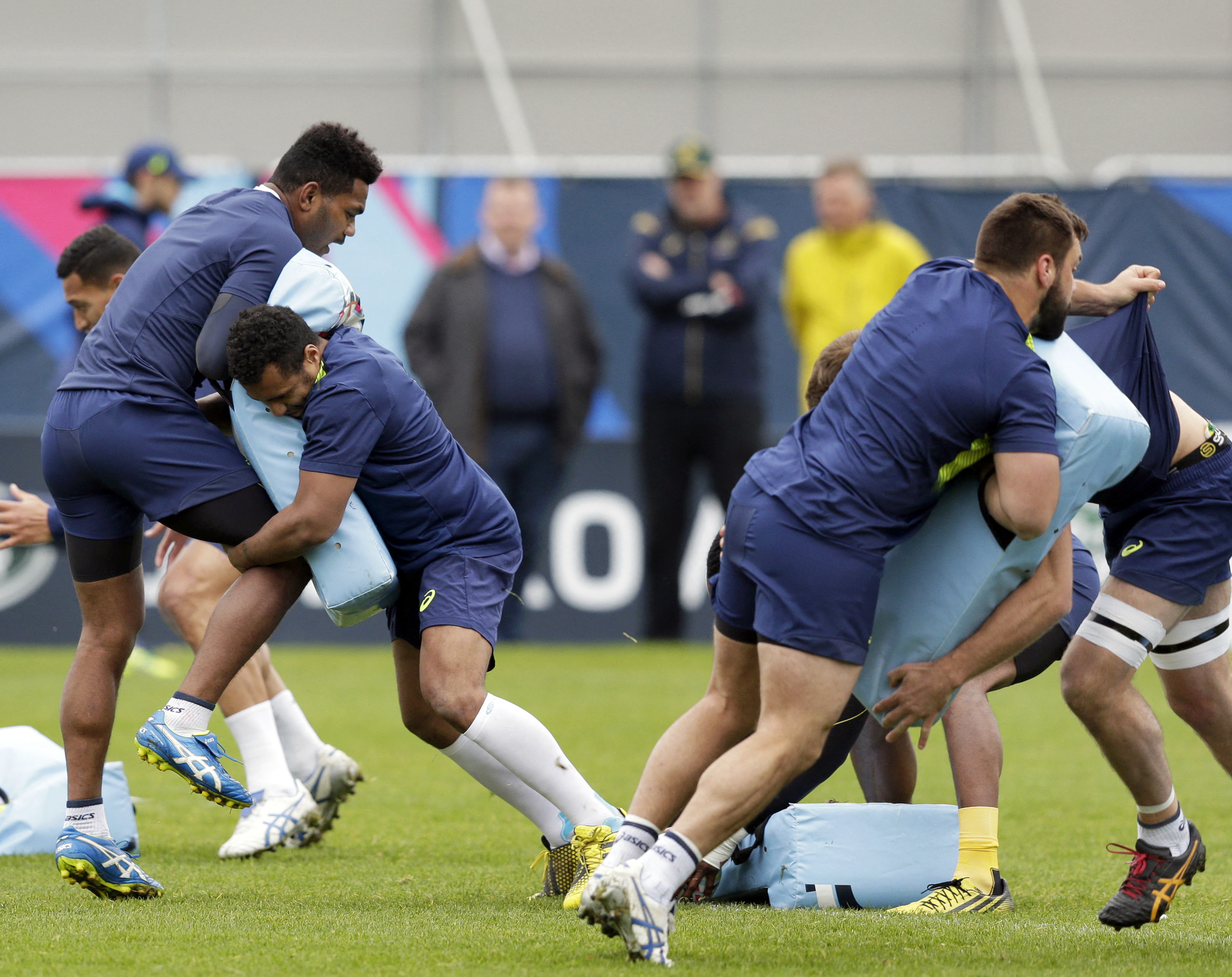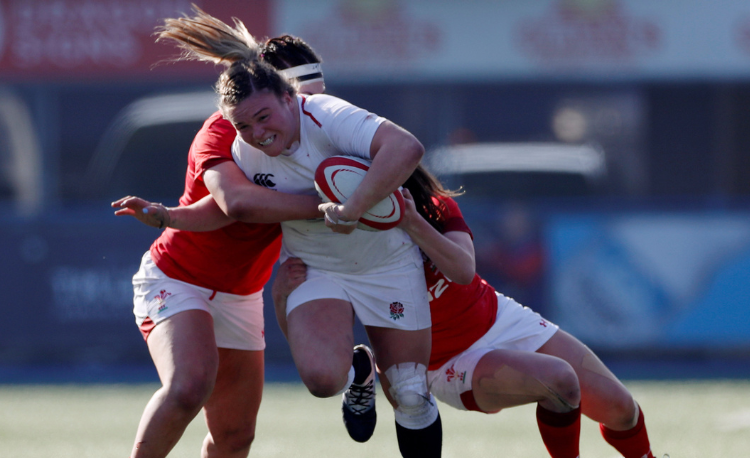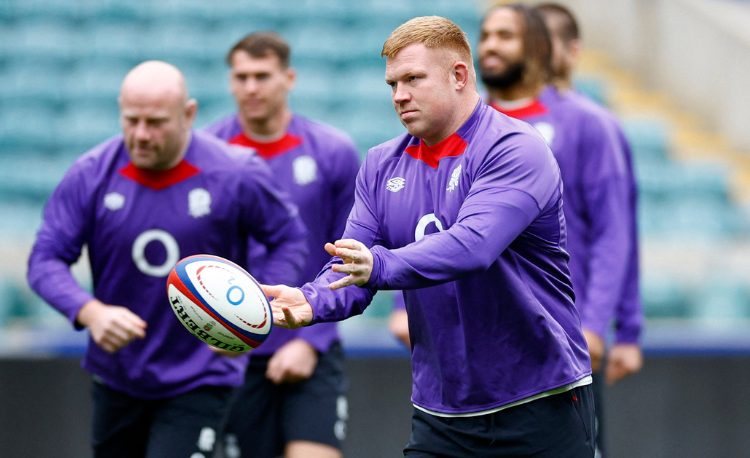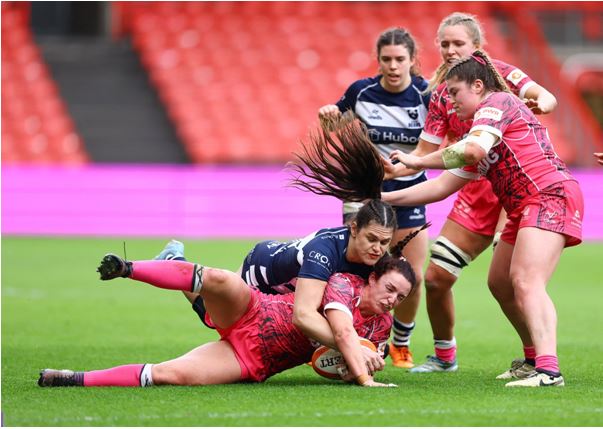Do you have to be a hard coach to be successful?

While the RFU development department publish another survey to support the view that young players value many other things in their sport before they value winning, it’s clear that not all coaches have got that message.
However, no matter how competitive you are as a coach, I wonder whether you think you are a hard or soft coach? I don’t think you can be both.
A hard coach keeps to their principles. They expect high standards from their players and their players. The players will know exactly where they stand.
A soft coach wants their players to love them. They will change their principles if they think the players aren’t happy.
You might sense a fair amount of bias in what I’ve just said. From bitter experience, I know that the hard coach is more successful. I think you must make some tough decisions and perhaps frustrate some players if you want to make real progress in coaching.
And I think it is possible to be hard coach where players enjoy their training. They enjoy because of certainty, clarity and purpose. You won’t please all the players, and on some days, perhaps very few. Yet, if they understand why you are both on the same journey, they will do.
We also must be clear on what we define as success. For me, it’s playing positive rugby which involves the whole team. I am also careful to define that success means we want to win games.
Again, that needs to put into context. You can win a game by half time. At under 10s, you can then change the game and play a new one. Perhaps, mix up the team with the opposition or adjust the scoring opportunities.
You can win a half. Or win a quarter. You might be down at half time, and you could score more points in the second half. You might change the criteria and do something measurably better in the second half.
The hard coach identifies, with clarity and purpose, what the next targets are. It’s not about trying your best. That’s a lovely, fluffy and meaningless expression. Instead, it says what are you going to do better and what are going to keep doing well.
If, at the end of that process, you don’t “win”, the hard coach sets out what wasn’t achieved, what was, and vitally, what happens next. The wrong impression would be to ladle any failure to achieve with criticism. That’s not what a hard coach does. They clearly state the facts.
The soft coach might try to sugar coat failure. We all know that most players see through that. There will always be positives. Be clear what they are. But don’t be afraid to state what could have been better.
The hard coach is allowed to smile. When they do, you know you’ve done well. That’s what success is all about.
Newsletter Sign Up
Coaches Testimonials

Gerald Kearney, Downtown Las Vegas Soccer Club

Paul Butler, Florida, USA

Rick Shields, Springboro, USA

Tony Green, Pierrefonds Titans, Quebec, Canada
Subscribe Today
Be a more effective, more successful rugby coach
In a recent survey 89% of subscribers said Rugby Coach Weekly makes them more confident, 91% said Rugby Coach Weekly makes them a more effective coach and 93% said Rugby Coach Weekly makes them more inspired.
Get Weekly Inspiration
All the latest techniques and approaches
Rugby Coach Weekly offers proven and easy to use rugby drills, coaching sessions, practice plans, small-sided games, warm-ups, training tips and advice.
We've been at the cutting edge of rugby coaching since we launched in 2005, creating resources for the grassroots youth coach, following best practice from around the world and insights from the professional game.


